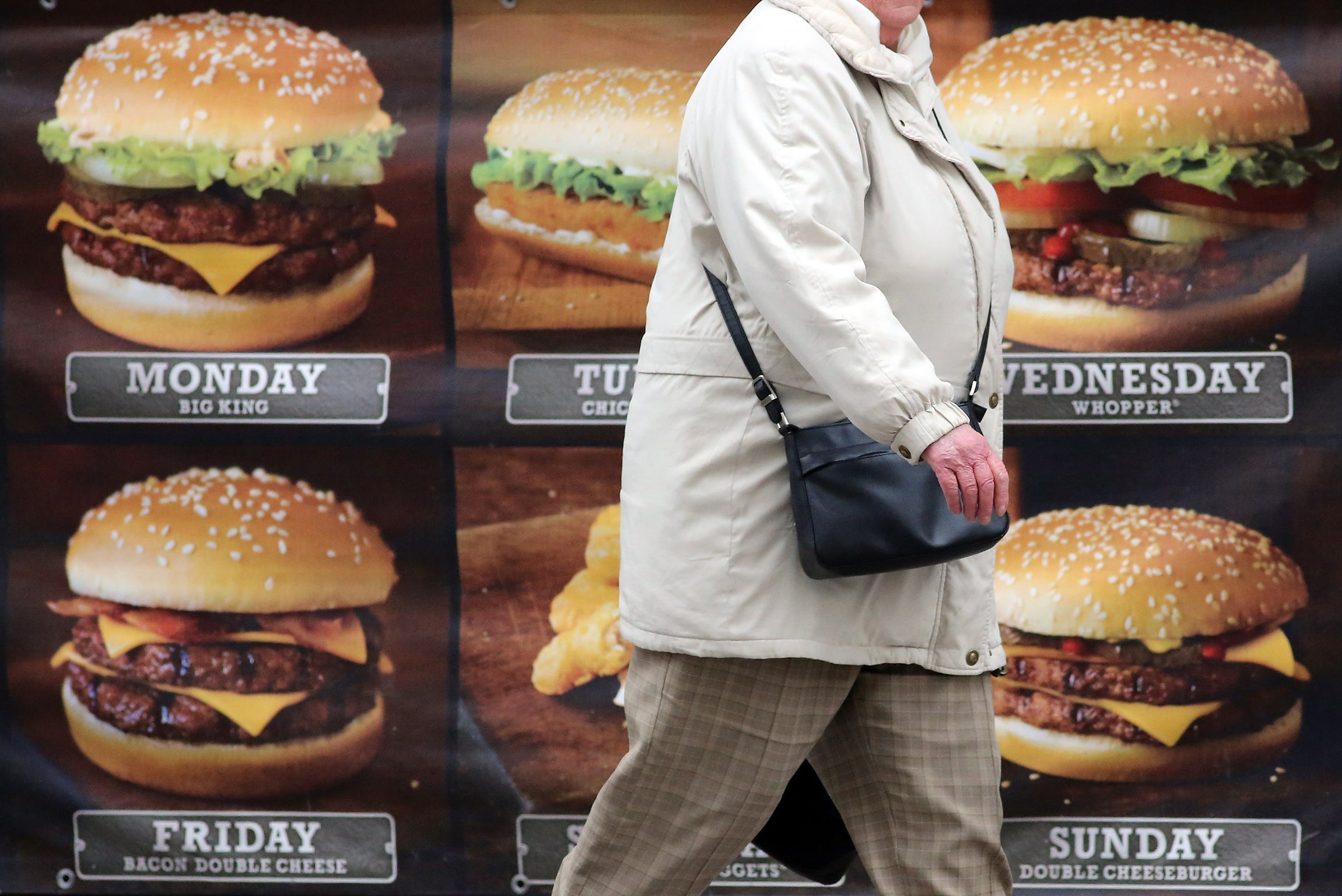The coronavirus crisis has prompted a rethink on obesity
Editorial: Any effective strategy should start with trying to promote more active lifestyles

The scourge of coronavirus has had two dramatic effects on the decades-long debate about government policy on obesity. One is the direct effect: that overweight people are more susceptible to serious harm from the disease and are more likely to die from it. That is what the prime minister says has spurred him to take obesity seriously, both for himself and for the rest of the nation.
The other effect is less obvious: the response to the virus has shown that people are more willing than we thought to accept intrusive government instructions, provided they command public support in promoting good health and saving lives. The huge changes to people’s behaviour were partly dictated by people themselves responding to information about the disease, but also by state direction unprecedented even in wartime.
The Independent has long argued that it is not the government’s job to legislate to make people thin, but the experience of the past few months suggests that there may be more that governments can do to nudge behaviour in the direction in which people already want to go. We never adhered to the pure liberal principle on smoking, for example, partly because of the healthcare costs borne by the whole of society; but the impact of coronavirus suggests that the line could be drawn further towards the pole marked “state interference” without significant encroachment on individual liberty.
That said, we are more drawn to some of the measures expected to be announced by the prime minister tomorrow than to others. Early reports of the new anti-obesity policy focused on banning adverts for so-called junk food online and on television before 9pm. We are not convinced that watching pre-watershed adverts for crisps was a significant factor in the weight gain of the average British person over the past few decades. Nor are we persuaded by the argument for requiring restaurants to print calorie counts on menus. That seems more likely to promote eating disorders than to help them.
As we report today, however, one of the aims of the new policy will be to promote walking and cycling. This seems much more promising. The decline of manual labour and the rise of the sedentary lifestyle is a more plausible cause of increased obesity since 1980 – a period during which the average calorie consumption per person has fallen.
Any effective anti-obesity strategy should start, therefore, with trying to promote more physical activity. Boris Johnson is well qualified for this task, as someone who is trying to get fit, and as the former mayor of London who transformed cycling provision in the city. It was he who built a network of segregated cycle lanes across inner London that has made cycling a safe, cheap and healthy option.
Obviously, many British people rely on their cars; but most of us live in towns and cities where urban design could be tilted in favour of walking and cycling. The rise of working from home during the pandemic gives us the chance to rethink commuting.
Promote more healthy eating by all means – and direct interventions such as the sugar tax are probably more effective than state-sponsored calorie-counting, or government-approved supermarket promotions. But the key is a more active lifestyle, and anything the nanny state can do to tilt incentives towards a greener, more sustainable, more local, and healthier way of living is to be welcomed.
Join our commenting forum
Join thought-provoking conversations, follow other Independent readers and see their replies
Comments